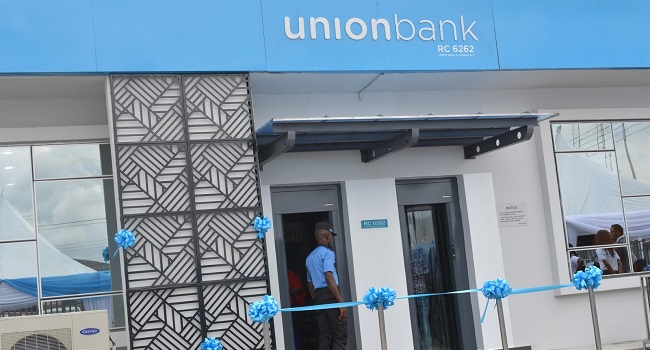Business
Union Bank fined N200m for contravening CBN cryptocurrency directive

The Central Bank of Nigeria (CBN) has fined Union Bank of Nigeria (UBN) Plc for breaching its regulation on cryptocurrency trading in the country.
Union Bank was fined N200 million by the financial regulation for breaching the cryptocurrency regulation, Ripples Nigeria learnt on Wednesday.
Recall that the central bank warned commercial banks against enabling cryptocurrency trading by allowing accounts to receive and send money related to digital currency.
The CBN, led by Godwin Emefiele, has often spoken against cryptocurrency trading, leading to the ban of cryptocurrency trading in Nigeria on February 5, 2021.
Union Bank revealed the penalty in the firm’s consolidated and separate financial statements for the year ended December 31, 2022, which was released on Wednesday.
Read also:Union Bank CEO addresses Titan Trust Bank merger amid shareholders’ suit seeking dissolution
Meanwhile, Union Bank was fined N4 million for violating the central bank’s circular prohibiting financial institutions from giving foreign currency facility to customers that do not earn foreign currency.
Also, CBN penalised Union Bank for the late substitution of maturing securities pledged, imposing a N1 million fine on the lender.
The statement further stated that Union Bank was fined N2 million for the non-provision of shortcodes to customers to enable them to block their accounts upon notice of fraud threats.
Join the conversation
Support Ripples Nigeria, hold up solutions journalism
Balanced, fearless journalism driven by data comes at huge financial costs.
As a media platform, we hold leadership accountable and will not trade the right to press freedom and free speech for a piece of cake.
If you like what we do, and are ready to uphold solutions journalism, kindly donate to the Ripples Nigeria cause.
Your support would help to ensure that citizens and institutions continue to have free access to credible and reliable information for societal development.






















